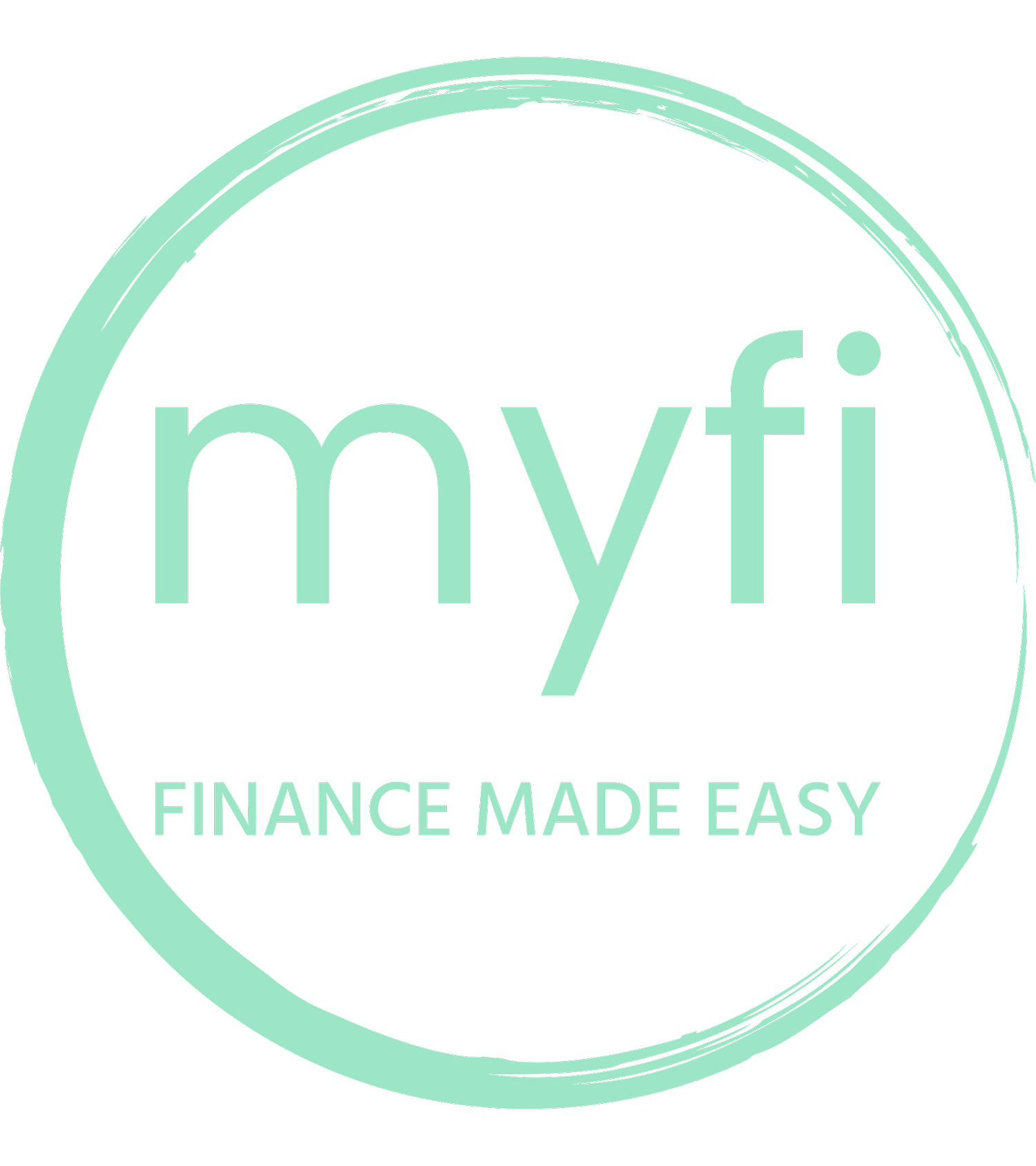Sources of Income for Self-Assessment
Introduction to Sources of Income for Self-Assessment
A self-assessment tax return is a form that individuals use to report their income and claim tax reliefs to HM Revenue and Customs (HMRC) in the United Kingdom. The form must be completed and submitted by the individual by the deadline of 31st January following the end of the tax year.
Self-assessment: Income from employment
One of the sources of income that individuals need to report on their self-assessment tax return is income from employment. This includes salary, wages, bonuses, and commission earned from an employer. It is important to ensure that all employment income is reported, even if the individual receives more than one form of payment, such as a salary and a bonus.
Self-assessment: Benefits
Another source of income that individuals need to report on their self-assessment tax return is benefits. This includes maternity and paternity pay, statutory sick pay, and job seekers allowance. These benefits are usually paid by the government or the employer, and individuals may be eligible to claim tax relief on them.
Self-assessment: Pension income
Pension income is also a source of income that individuals need to report on their self-assessment tax return. This includes any income received from a personal pension, a state pension, or an annuity. Individuals may be eligible to claim tax relief on their pension income, depending on their personal circumstances.
Self-assessment: Interest & Dividends
Interest, dividends, and other income from savings, bank accounts, building societies, investments, or trusts are also sources of income that individuals need to report on their self-assessment tax return. This includes income received from savings accounts, ISAs, and investments such as stocks and shares.
Self-assessment: Property income
Property income is another source of income that individuals need to report on their self-assessment tax return. This includes rent received from properties that are let out, as well as income received from properties that are occupied by the individual, such as a holiday home.
Self-assessment: Foreign income
Individuals also need to report foreign income on their self-assessment tax return. This includes any income received from abroad, such as foreign rental income or foreign employment income. Individuals must also provide evidence of any tax already paid abroad on this income.
Self-assessment: Capital gains
Capital gains are another source of income that individuals need to report on their self-assessment tax return. This includes any profits made from the sale of assets such as shares, property, or personal possessions. Individuals may be eligible to claim tax relief on their capital gains, depending on their personal circumstances.
Self-assessment: Employee share schemes
Employee share schemes are another source of income that individuals need to report on their self-assessment tax return. This includes any shares received from an employer, such as share options or shares acquired under a share incentive plan. Dividends received from shares are also a source of income that individuals need to report on their self-assessment tax return.
Concluding on Sources of Income for Self-Assessment
A self-assessment tax return requires individuals to report all sources of income, including income from employment, benefits, pension income, interest, dividends, property income, foreign income, capital gains, employee share schemes, and dividends. It is important to ensure that all income is reported correctly, and that individuals claim any tax reliefs that they are eligible for. Failure to report all sources of income can result in fines and penalties from HMRC.
